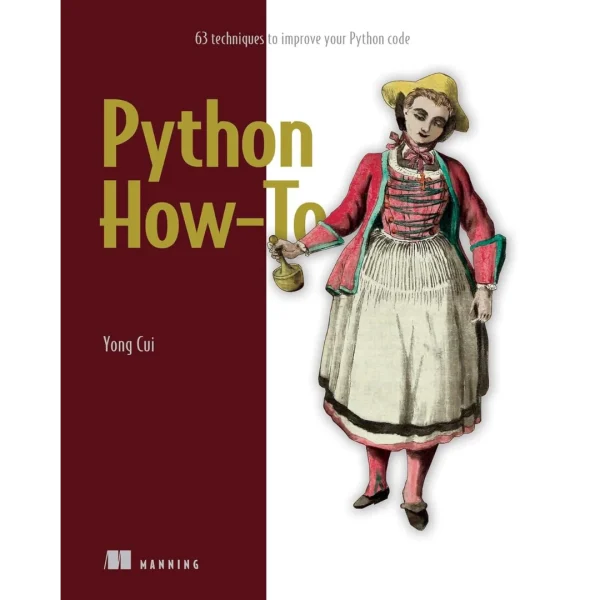
Python How-To: 63 techniques to improve your Python code
Original price was: $179.99.$26.99Current price is: $26.99.
(87Video: 14 Hours 31 Minutes • 1Book: Pages: 506)
Python How-To: 63 techniques to improve your Python code, Video Edition. This course provides a practical collection of basic Python techniques that answer common questions programmers ask. This video course includes over 60 practical techniques, such as working with strings, managing dictionaries, processing JSON data, creating optimized properties, and modifying variables in different namespaces. The content is designed for developers in various fields such as data science, web development, or scripting, and helps improve programming skills at all levels. Author Yong Kui makes it easy to use Python tools and libraries with clear explanations and practical examples. Each technique starts with a question, then provides a basic solution, advanced modifications, and practical exercises. This book is suitable for both general study and specific problem solving, and is easy to understand with clear illustrations and cross-references.
What you will learn:
- Methods for joining and separating strings
- Accessing dictionary keys, values, and items
- Setting and using return values in function calls
- Processing JSON data
- Creating lazy attributes to improve performance
- Changing variables in different namespaces
- Finding items in a sequence
- Working with substrings and custom classes
- Best practices for writing great Python code
Who is this course suitable for?
- Beginner to intermediate Python programmers.
Python How-To: 63 techniques to improve your Python code, Video Edition. This course provides a practical collection of basic Python techniques that answer common questions programmers ask. This video course includes over 60 practical techniques, such as working with strings, managing dictionaries, processing JSON data, creating optimized properties, and modifying variables in different namespaces. The content is designed for developers in various fields such as data science, web development, or scripting, and helps improve programming skills at all levels. Author Yong Kui makes it easy to use Python tools and libraries with clear explanations and practical examples. Each technique starts with a question, then provides a basic solution, advanced modifications, and practical exercises. This book is suitable for both general study and specific problem solving, and is easy to understand with clear illustrations and cross-references.
What you will learn:
- Methods for joining and separating strings
- Accessing dictionary keys, values, and items
- Setting and using return values in function calls
- Processing JSON data
- Creating lazy attributes to improve performance
- Changing variables in different namespaces
- Finding items in a sequence
- Working with substrings and custom classes
- Best practices for writing great Python code
Who is this course suitable for?
- Beginner to intermediate Python programmers.
Course topics
- Chapter 1. Developing a pragmatic learning strategy
- Chapter 1. What Python can do well or as well as other languages
- Chapter 1. What Python can’t do or can’t do well
- Chapter 1. What you’ll learn in this book
- Chapter 1. Summary
- Part 1. Using built-in data models
- Chapter 2. Processing and formatting strings
- Chapter 2. How do I convert strings to retrieve the represented data?
- Chapter 2. How do I join and split strings?
- Chapter 2. What are the essentials of regular expressions?
- Chapter 2. How do I use regular expressions to process texts?
- Chapter 2. Summary
- Chapter 3. Using built-in data containers
- Chapter 3. How do I sort lists of complicated data using custom functions?
- Chapter 3. How do I build a lightweight data model using named tuples?
- Chapter 3. How do I access dictionary keys, values, and items?
- Chapter 3. When do I use dictionaries and sets instead of lists and tuples?
- Chapter 3. How do I use set operations to check the relationships between lists?
- Chapter 3. Summary
- Chapter 4. Dealing with sequence data
- Chapter 4. How do I use positive and negative indexing to retrieve items?
- Chapter 4. How do I find items in a sequence?
- Chapter 4. How do I unpack a sequence? Beyond tuple unpacking
- Chapter 4. When should I consider data models other than lists and tuples?
- Chapter 4. Summary
- Chapter 5. Iterables and iterations
- Chapter 5. What are list, dictionary, and set understandings?
- Chapter 5. How do I improve for-loop iterations with built-in functions?
- Chapter 5. Using optional statements within for and while loops
- Chapter 5. Summary
- Part 2. Defining functions
- Chapter 6. Defining user-friendly functions
- Chapter 6. How do I set and use the return value in function calls?
- Chapter 6. How do I use type hints to write understandable functions?
- Chapter 6. How do I increase function flexibility with args and kwargs?
- Chapter 6. How do I write proper docstrings for a function?
- Chapter 6. Summary
- Chapter 7. Using functions beyond the basics
- Chapter 7. What are the implications of functions as objects
- Chapter 7. How do I check functions’ performance with decorators?
- Chapter 7. How can I use generator functions as a memory-efficient data provider?
- Chapter 7. How do I create partial functions to make routine function calls easier?
- Chapter 7. Summary
- Part 3. Defining classes
- Chapter 8. Defining user-friendly classes
- Chapter 8. When do I define instance, static, and class methods?
- Chapter 8. How do I apply finer access control to a class?
- Chapter 8. How do I customize string representation for a class?
- Chapter 8. Why and how do I create a superclass and subclasses?
- Chapter 8. Summary
- Chapter 9. Using classes beyond the basics
- Chapter 9. How do I use data classes to eliminate boilerplate code?
- Chapter 9. How do I prepare and process JSON data?
- Chapter 9. How do I create lazy attributes to improve performance?
- Chapter 9. How do I define classes to have distinct concerns?
- Chapter 9. Summary
- Part 4. Manipulating objects and files
- Chapter 10. Fundamentals of objects
- Chapter 10. What’s the lifecycle of instance objects?
- Chapter 10. How do I copy an object?
- Chapter 10. How do I access and change a variable in a different scope?
- Chapter 10. What’s callability, and what does it imply?
- Chapter 10. Summary
- Chapter 11. Dealing with files
- Chapter 11. How do I deal with tabulated data files?
- Chapter 11. How do I preserve data as files using pickling?
- Chapter 11. How do I manage files on my computer?
- Chapter 11. How do I retrieve file metadata?
- Chapter 11. Summary
- Part 5. Safeguarding the codebase
- Chapter 12. Logging and exception handling
- Chapter 12. How do I save log records properly?
- Chapter 12. How do I handle exceptions?
- Chapter 12. How do I use else and finally clauses in exception handling?
- Chapter 12. How do I raise informative exceptions with custom exception classes?
- Chapter 12. Summary
- Chapter 13. Debugging and testing
- Chapter 13. How do I debug my program interactively?
- Chapter 13. How do I test my functions automatically?
- Chapter 13. How do I test a class automatically?
- Chapter 13. Summary
- Part 6. Building a web app
- Chapter 14. Completing a real project
- Chapter 14. How do I build the data models for my project?
- Chapter 14. How do I use SQLite as my application’s database?
- Chapter 14. How do I build a web app as the frontend?
- Chapter 14. Summary
You must be logged in to post a review.
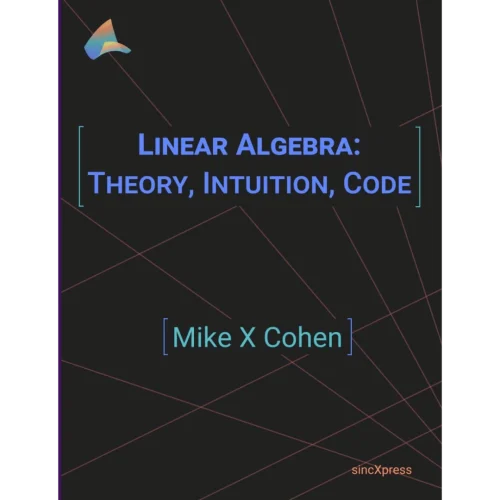
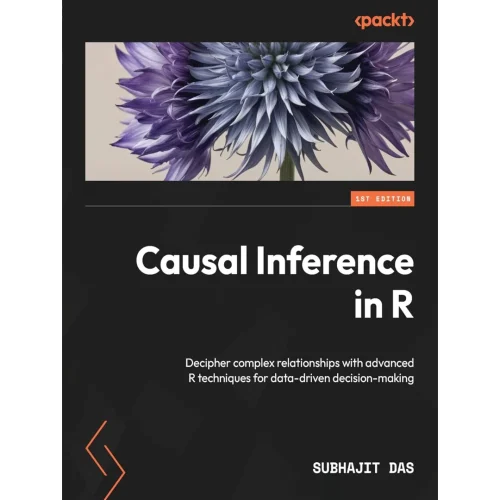
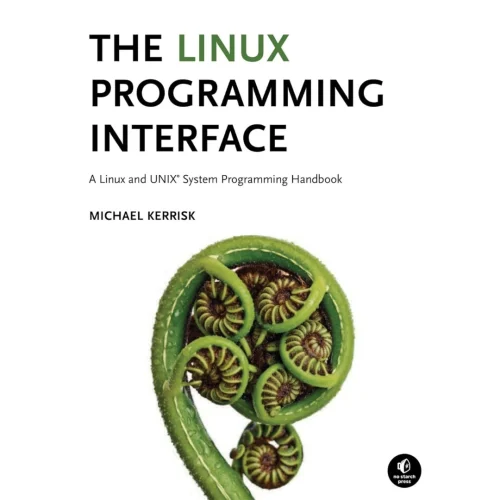
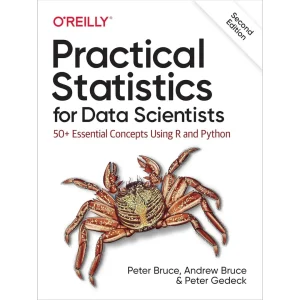
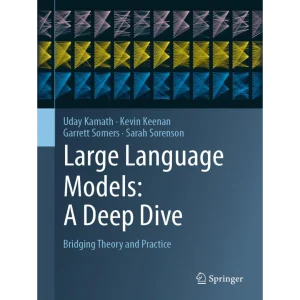
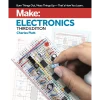

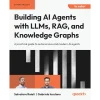
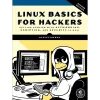
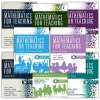
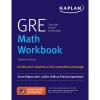
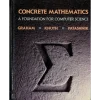
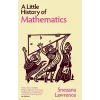

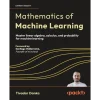
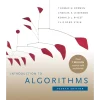
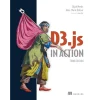
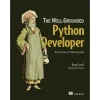

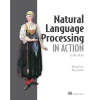
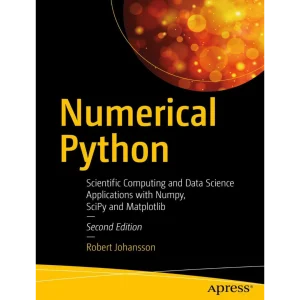
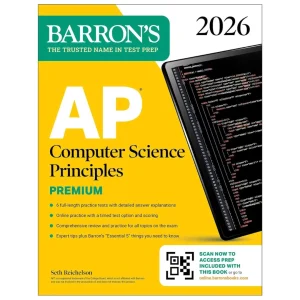

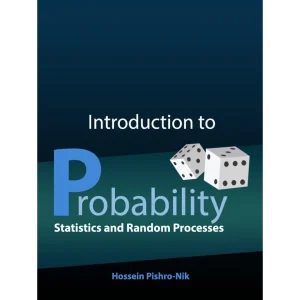

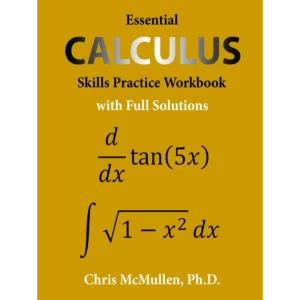



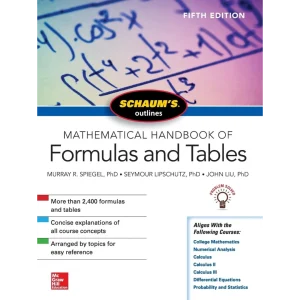
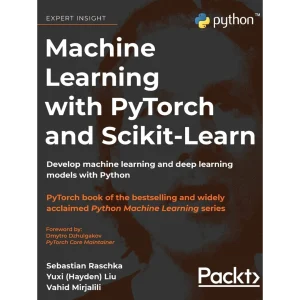
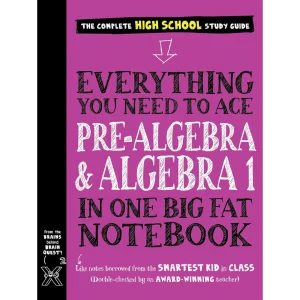
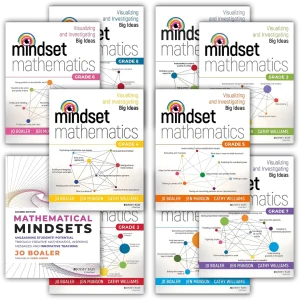
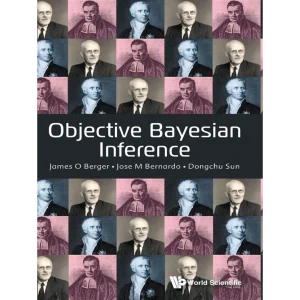
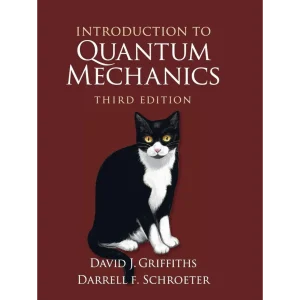


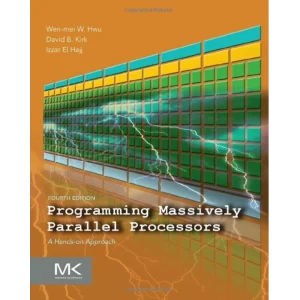
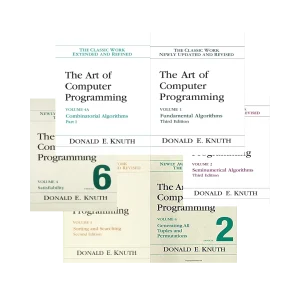
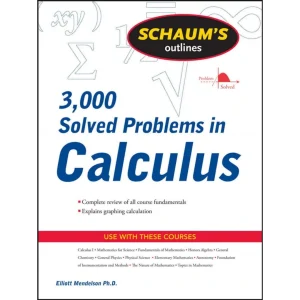
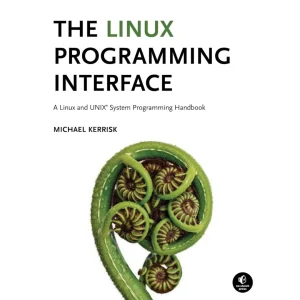
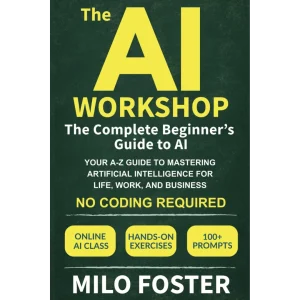


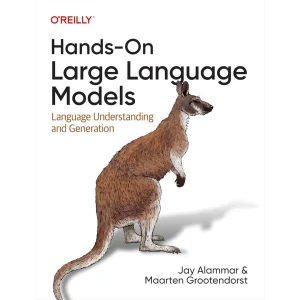
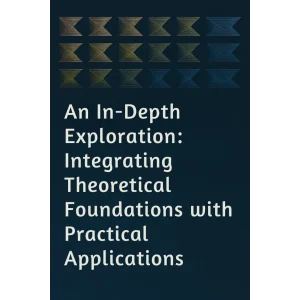

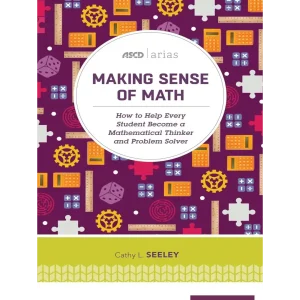
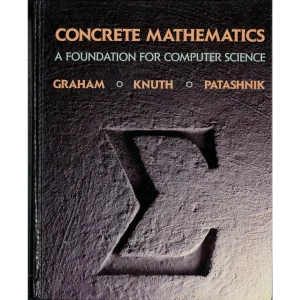
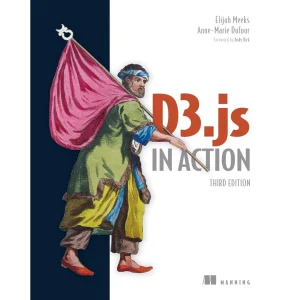
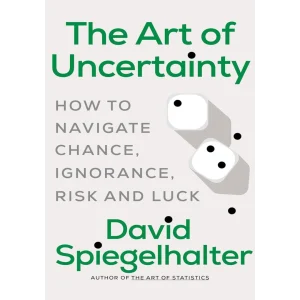
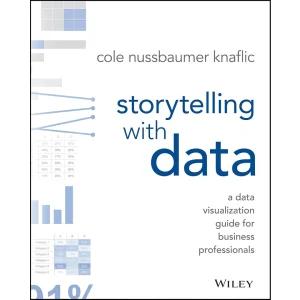

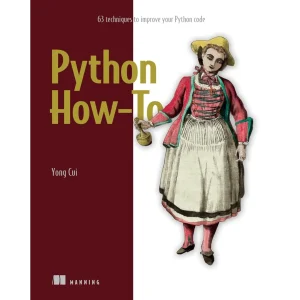
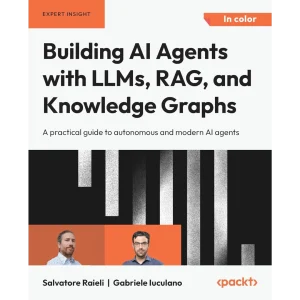

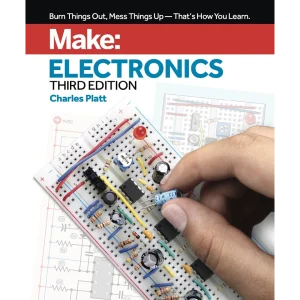
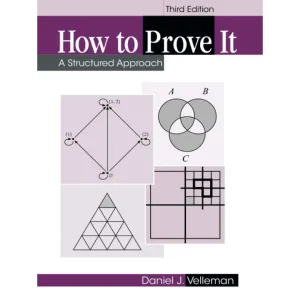
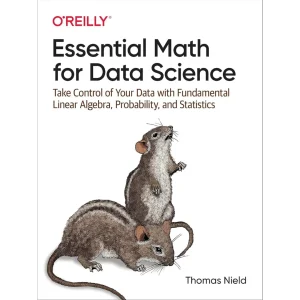
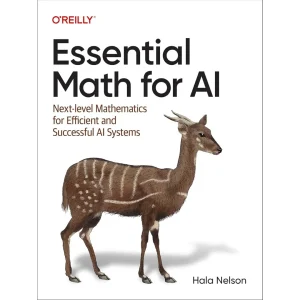
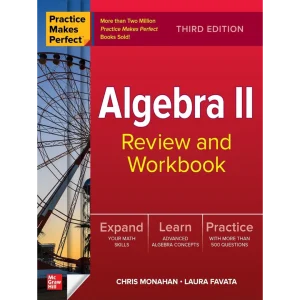
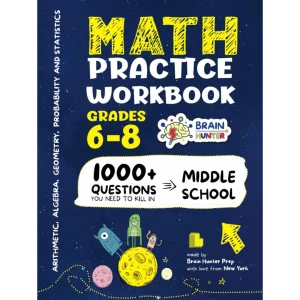

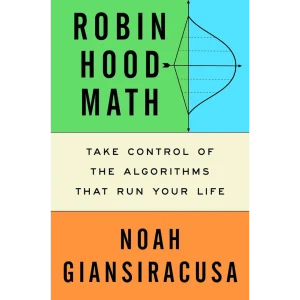
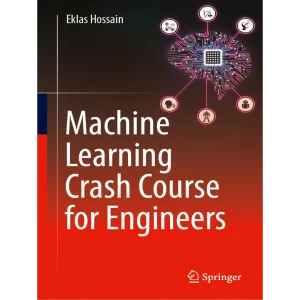
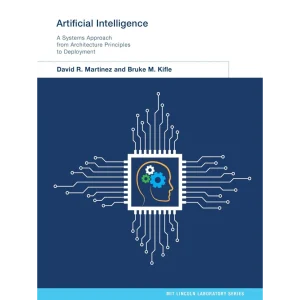
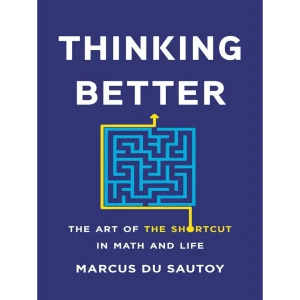

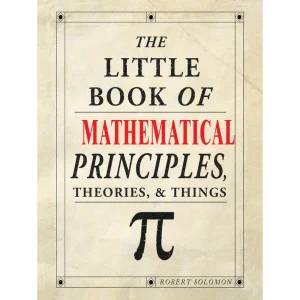
Reviews
There are no reviews yet.